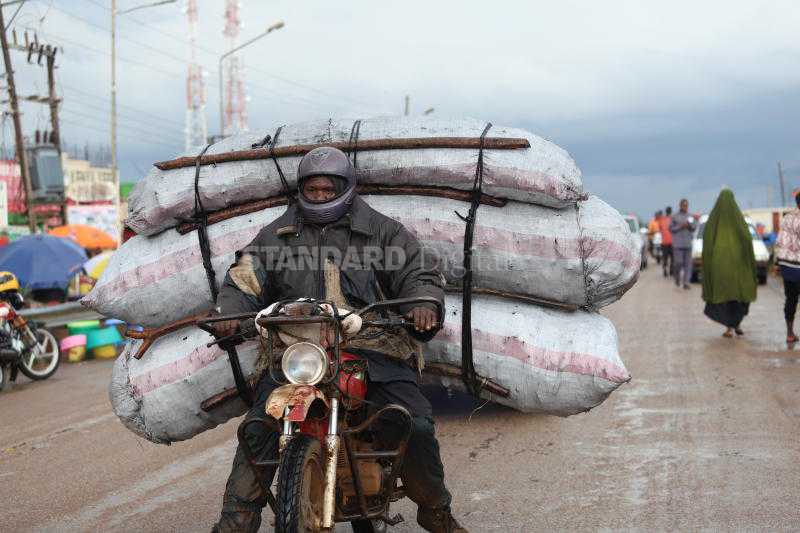×
The Standard e-Paper
Stay Informed, Even Offline

The Government ban on logging and crackdown on charcoal trading has forced millions of Kenyans to look for alternative sources of fuel.
There have been reports of some hotels scaling down their businesses while some expressed fears of being kicked out of their premises for using smoky firewood because they could no longer access charcoal.